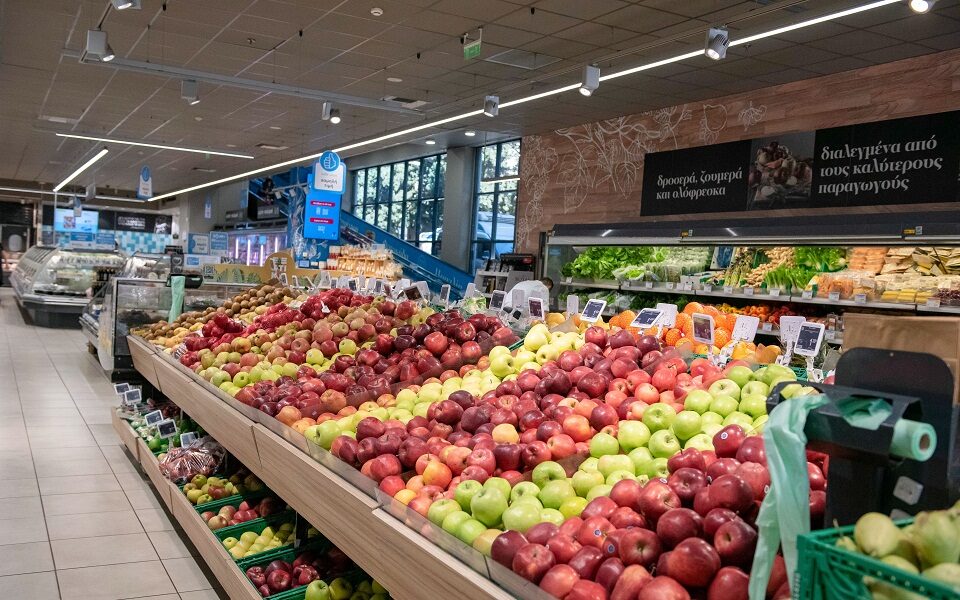Food inflation not subsiding

Inflation closed in December with an increase compared to November, as it stood at 3.5%, from 3% a month before, official figures showed on Friday.
Although the consumer price index has been contained below 4% since April 2023, it is not a cause for optimism. This is because food inflation remains at high levels and registered even a marginal increase on a monthly basis, while at the same time developments in the Red Sea are causing well-founded fears about a new resurgence of inflation at the global level.
The new war front in the Middle East has already skyrocketed freight rates for shipping containers from Asia to Northern Europe, while global oil rates are also on the rise.
It is no coincidence that the government unveiled a new package of measures just a few days ago aimed at containing inflationary pressures, while maintaining in force the measures that had been taken until now, such as the “household basket” and the ceiling on the gross profit margin.
According to what the Hellenic Statistical Authority announced, the consumer price index increased in December on an annual basis by 3.5%, while an increase was also noted on a monthly basis, by 0.1%.
The continued price increases in food, fresh and packaged, are what mainly prevent a faster de-escalation of inflation and are also responsible for the ups and downs recorded during the year, namely in July, August and October, with the last jump seen in December.
If in 2022 natural gas and electricity were the goods where the highest price increases were observed, now olive oil holds the lead, with an annual price hike of 58.5%.
Prices have increased by 15% in fruit and 14% in vegetables, by 12.6% in the water, soft drinks and juices category (with hikes mainly concerning juices), by 8.4% in fish, by 6.5% in meats, by 7.7% in sweets and by 3.8% in dairy and eggs.
It is even worth noting that the prices of basic foods have also increased on a monthly basis, with olive oil sold 4.7% more expensively in December compared to November.





